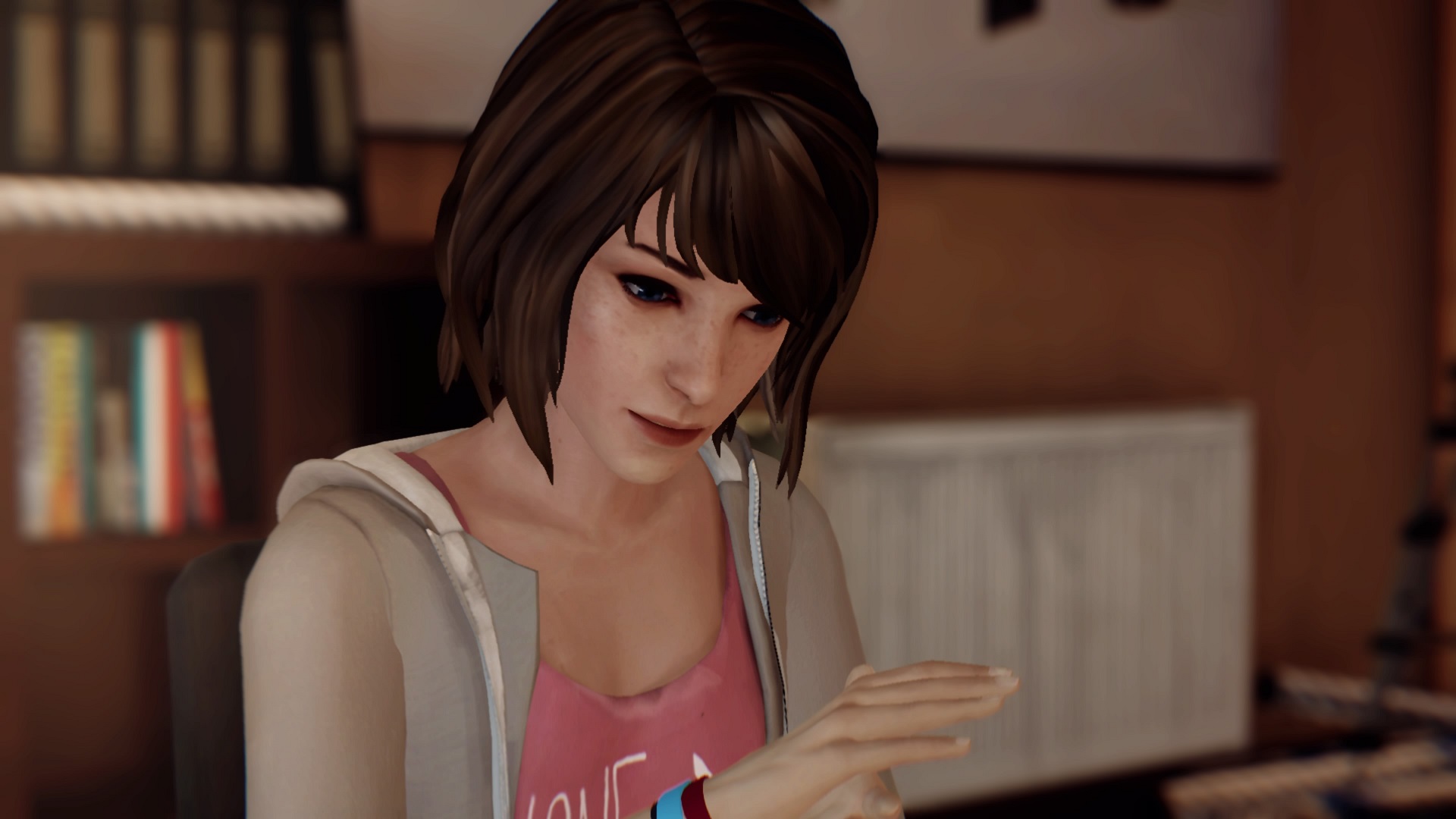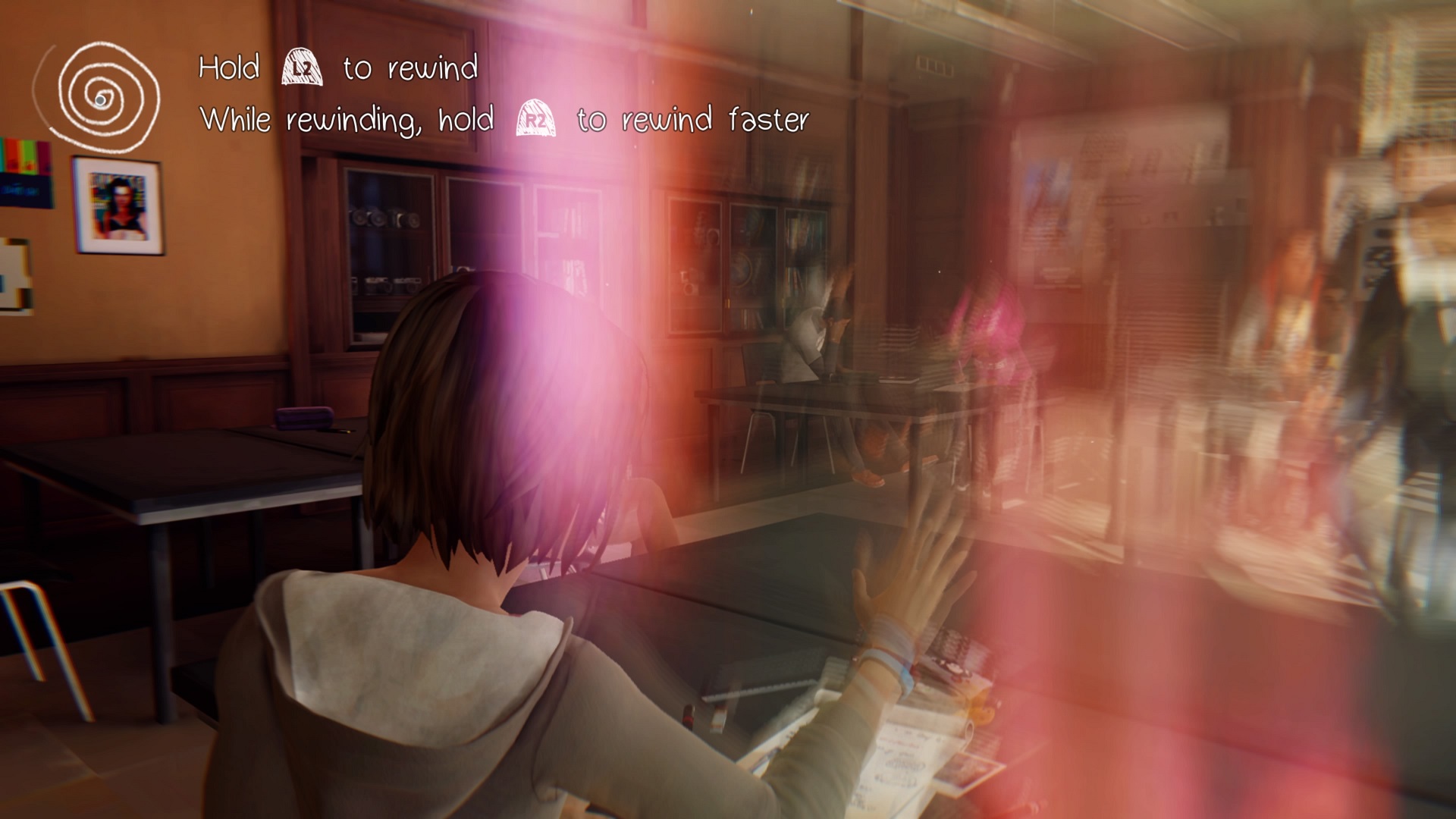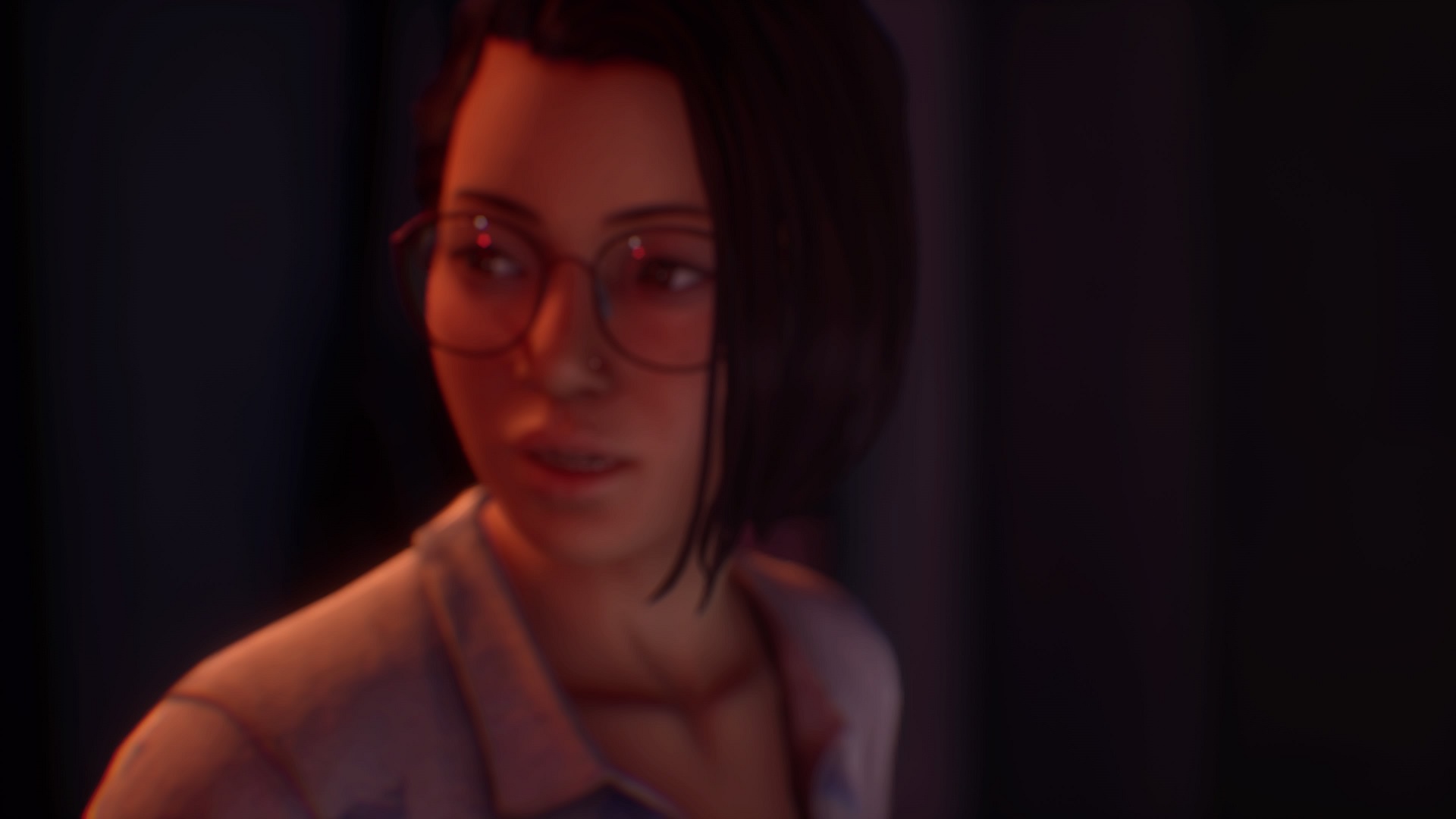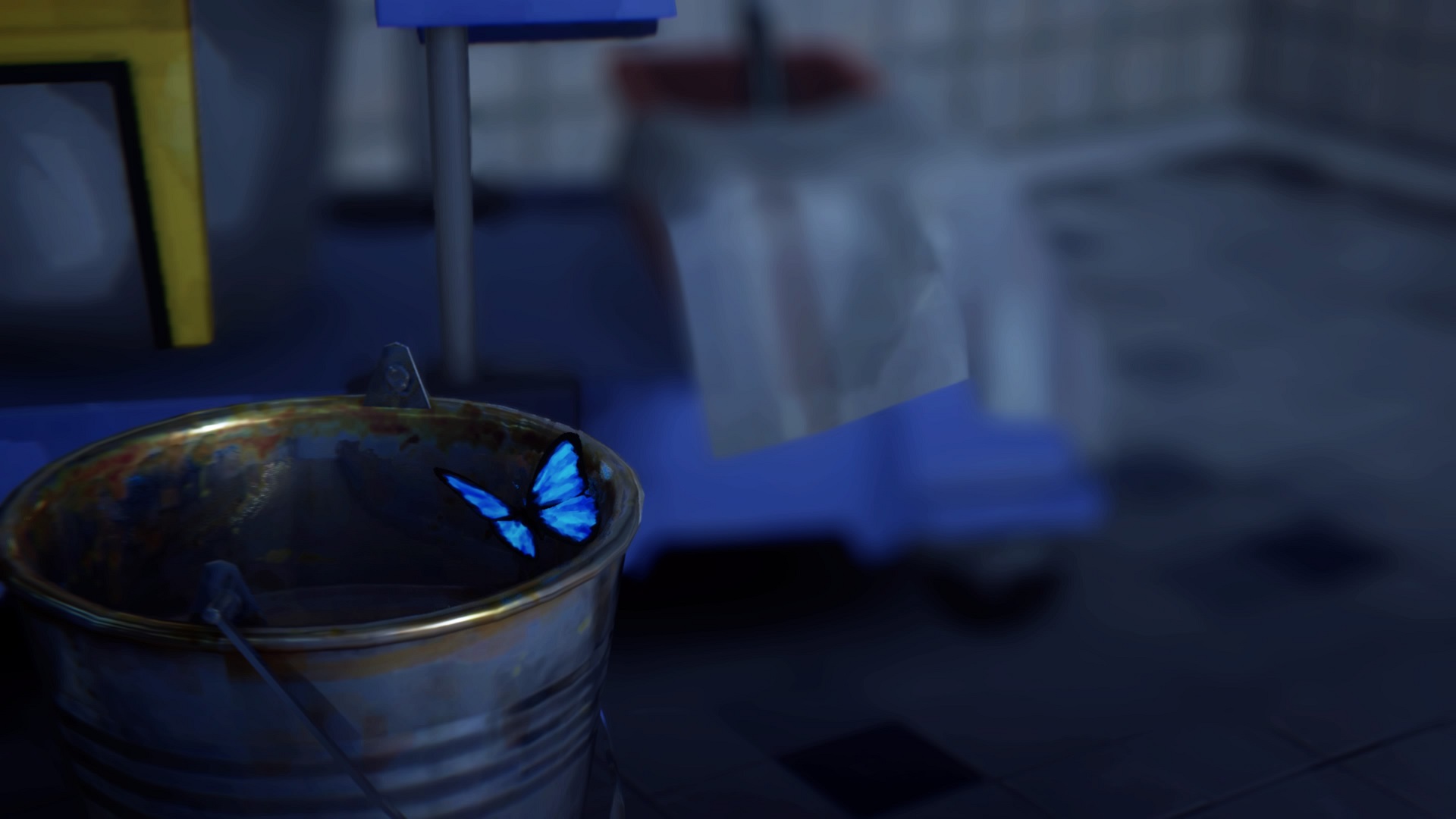Life is Strange Remastered Collection shows how powerful a time rewind mechanic can be
All these years later, I'm still thinking about how effective the rewind mechanic is in Life is Strange

Life is made up of choices. We're almost always deciding on something; from the smaller decisions of our day-to-day life – like choosing what to wear or how to spend our evening – to bigger milestone moments that impact our future. When it comes to the latter, at least for me, it's hard not to reflect back and wonder just what might have happened had I done things differently. Did I do the right thing? Would I change anything knowing what I know now? And where would I be if I did?
I've been thinking about this a lot lately thanks to the Life is Strange Remastered Collection, which re-released Life is Strange and Life is Strange: Before the Storm with enhanced visuals and animations. Revisiting Max Caulfield's story after all these years is a pertinent reminder of just how uniquely compelling the rewind mechanic is in an adventure that's driven by choice and consequence.
Chaos theory


Life is Strange: True Colors presented me with a choice I can't stop thinking about
Unlike other story-driven experiences, where you have to stick with the first choice you make, Life is Strange gives you the option to backtrack and immediately alter your decision. This can be done by using Max's supernatural rewinding ability within a specific frame of time, which revolves around each major narrative choice. As a mechanic, it effectively provides you with the space to really carefully consider every decision you make. It also lets you see the initial reaction to each choice without revealing the long-term outcome – you still never quite know what the wider consequences of your actions will be down the line.
The story itself explores time, and how the choices we make in the past and present can impact our lives and those around us in the future. We see the world of Life is Strange through the camera lens of Max, who is often presented with tough choices to make that affect her relationship with Chloe and others at Blackwell Academy. There is, of course, so much more to the story and experience of Dontnod's beloved coming-of-age adventure. But I always find myself drawn to its themes surrounding time and how it uses that rewind mechanic to make you think about your actions.
Many Telltale games like The Walking Dead and The Wolf Among Us use time in a different way, pushing you to think on your feet and pick dialogue options quickly. Every time you're presented with an opportunity to respond to a scenario, a time meter will appear and begin to whittle away. If you take too long to choose, you can risk saying nothing at all – an act that can have its own consequences, depending on the scenario.
Telltale's approach is effective at encouraging you to get past your own indecisiveness and keep the momentum of the story going. But I've always appreciated that you have time to dwell on the implications of every choice you make in Life is Strange. It impresses on you the idea that these decisions matter, and whatever you choose will have an impact on Max and the people around her.
Moving on

"I still think about what I would do if I had the power to rewind time."
The first season of Life is Strange doesn't hold back, often presenting some truly difficult choices. There's often no clear answer when it comes to the best path to take, and you're faced with some dramatic scenarios. The decisions are often difficult because they're so much bigger than you. As you see first-hand, they don't just affect Max; sometimes they have repercussions for other students at Blackwell Academy, and even Arcadia Bay as a whole. There are smaller decisions in the story, but for the most part, you're dealing with big choices that you feel the need to stop and consider, which makes the rewind mechanic all the more fitting.
Sign up to the GamesRadar+ Newsletter
Weekly digests, tales from the communities you love, and more
Life is Strange 2 brought weight to its decision-making by putting you in the role of an older sibling. As Sean, your responses and actions directly affect and shape the thoughts and feelings of your younger brother Daniel. It's also why the choices in Telltale's The Walking Dead: The Final Season feel especially impactful – you're directly influencing the young and impressionable AJ through Clementine's actions. Life is Strange: True Colors mixed up the supernatural element with a focus on emotions and Alex Chen's connection to them, but the choices often felt subtler with less at stake than Max's story. While all of the Life is Strange games tackle different themes and often put you against some tough scenarios, the rewind mechanic is still one of the most unique and effective means of navigating through a story.
Playing through the first adventure again thanks to the Life is Strange Remastered Collection really has made me once again appreciate how effective the mechanic is. There's always the temptation to keep on rewinding in an infinite loop when you're faced with a particularly difficult choice, but eventually, you have to pick a path to keep moving forward. In a way, Life is Strange delivers the message that as much as you might wish you could change things, sometimes you have to accept the decisions you've made and move on. I'm sure we all wish we could have a do-over at certain moments in life, and even now I still think about what I would do if I had the power to rewind time.
Here's why Clementine from Telltale's The Walking Dead is still one of my favorite characters.

I started out writing for the games section of a student-run website as an undergrad, and continued to write about games in my free time during retail and temp jobs for a number of years. Eventually, I earned an MA in magazine journalism at Cardiff University, and soon after got my first official role in the industry as a content editor for Stuff magazine. After writing about all things tech and games-related, I then did a brief stint as a freelancer before I landed my role as a staff writer here at GamesRadar+. Now I get to write features, previews, and reviews, and when I'm not doing that, you can usually find me lost in any one of the Dragon Age or Mass Effect games, tucking into another delightful indie, or drinking far too much tea for my own good.


